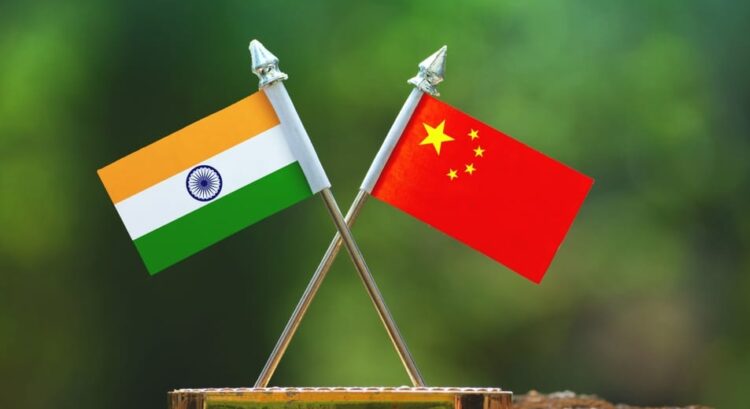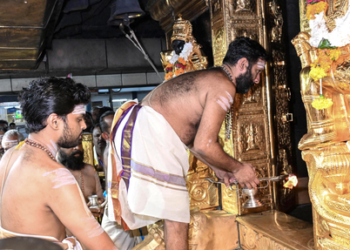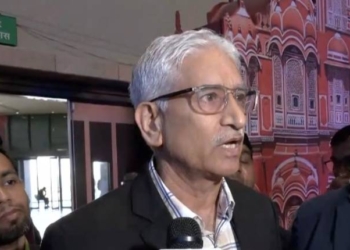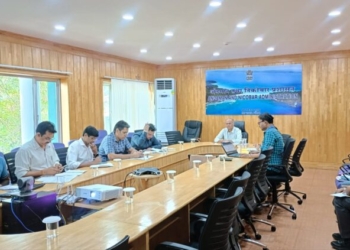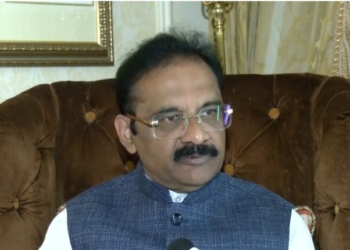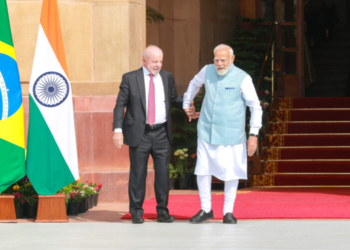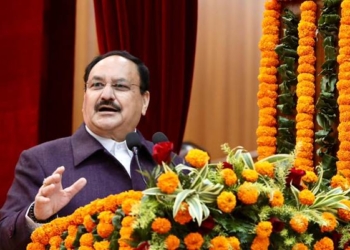New Delhi: The 29th meeting of the Working Mechanism for Consultation and Coordination on India-China Border Affairs was held in Beijing to discuss and resolve the remaining issues along the Line of Actual Control (LAC).
From the New Delhi side, the Joint Secretary (East Asia) from the Ministry of External Affairs led the delegation, and Beijing was represented by the Director General of the Boundary and Oceanic Department of the Chinese Ministry of Foreign Affairs.
In Wednesday’s meeting, the two sides had an in-depth exchange of views on how to achieve complete disengagement and resolve the remaining issues along the LAC in the Western Sector of the India-China border areas, a Ministry of External Affairs said in a statement on Thursday.
In the interim, both sides agreed to maintain regular contact through diplomatic and military channels and on the need to uphold peace and tranquility on the ground in the border areas in accordance with existing bilateral agreements and protocols, the statement read.
The meeting comes as the two sides have been locked in a war of words over the territory of Arunachal Pradesh with India saying that the northeastern state will always remain an “integral and inalienable part” of India.
Following the June 2020 clash of troops in Galwan Valley, India and China have held several rounds of military talks, seeking complete disengagement in the areas along the LAC as a basis for restoring peace and tranquillity in the border areas.
Army Chief General Manoj Pande has called the situation along the LAC “stable” but “sensitive,” adding that the Indian troops have been maintaining a “very high state” of operational preparedness to deal with eventualities.
As a counter-deployment, India has amassed a large number of troops along the LAC to guard the strategically important border.
Speaking at a gathering in Malaysia on Wednesday, External Affairs Minister S.Jaishankar stressed on normalising troop deployment at the India-China border.
He lashed out at China for failing to uphold long-standing agreements with India, leading to violence and bloodshed in 2020.
(IANS)




